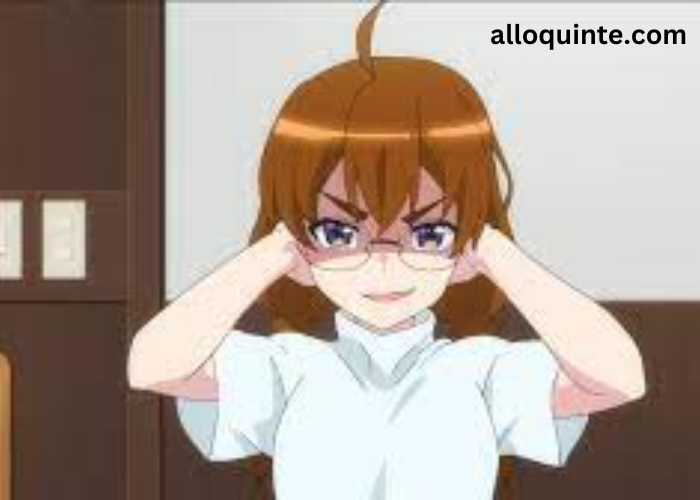Hentai, a genre of adult animation originating from Japan, is a complex and multifaceted subject that intertwines artistry, cultural nuance, and ethical debate. While its explicit content often garners attention, there is much more to this genre than meets the eye. This article aims to explore the artistic elements, cultural significance, and the controversies that surround hentai, offering a comprehensive understanding of this provocative and often misunderstood medium. Discover a vast collection of high-quality hentai content at hentai3z. Explore diverse genres and immerse yourself in captivating adult animations today.
The Artistic Landscape of Hentai
At its core, hentai is a form of animation that employs distinctive artistic techniques characteristic of Japanese anime. The artistry involved in hentai is often sophisticated, with skilled illustrators and animators creating intricate and highly detailed work. The style ranges from hyper-realistic to highly stylized, and often includes fantastical elements that push the boundaries of imagination.
The use of color, shading, and line work in hentai is notable for its precision and emotional impact. Characters are typically drawn with exaggerated expressions and features, a hallmark of anime that enhances the emotional intensity of the scenes. This level of artistic dedication has led some to appreciate hentai not just for its explicit content but as a legitimate form of art that showcases the talents of its creators.
Cultural Context and Significance
Hentai’s roots can be traced back to Japan’s historical art forms, such as ukiyo-e and shunga, which often depicted erotic themes. This historical context provides insight into why hentai, despite its controversial nature, has a place in Japanese culture. It reflects a longstanding tradition of exploring human sexuality through art.
In contemporary Japan, hentai exists alongside other forms of adult entertainment and is consumed by a diverse audience. It has also influenced and been influenced by other media, such as manga, video games, and mainstream anime. The genre often addresses themes and scenarios that might be considered taboo in other cultures, serving as a form of escapism and exploration for its audience.
The Controversies Surrounding Hentai
Despite its artistic and cultural significance, hentai is not without its controversies. One of the primary ethical concerns is the depiction of non-consensual acts and extreme scenarios, which can be deeply troubling. Critics argue that such content can perpetuate harmful attitudes and desensitize viewers to real-world issues of sexual violence and exploitation.
Additionally, the portrayal of minors in hentai, even in fictional and stylized forms, has sparked significant debate and legal scrutiny. Many countries have laws against the production and distribution of such material, raising questions about censorship, freedom of expression, and the protection of vulnerable populations.
The global availability of hentai through the internet has further complicated these issues, as different cultures and legal systems clash over what constitutes acceptable content. This has led to ongoing discussions about regulation, the responsibilities of content creators and distributors, and the rights of consumers.
A Balanced Perspective
While it is essential to address the ethical and legal controversies associated with hentai, it is equally important to recognize its place within the broader context of art and culture. Hentai, like any other genre, can serve as a reflection of societal values, fears, and fantasies. It can be a space for artistic expression and innovation, pushing the boundaries of what animation can achieve.
In conclusion, hentai is a genre that encapsulates a wide array of artistic talent, cultural significance, and ethical challenges. To understand it fully, one must look beyond its explicit content and consider the historical context, artistic merit, and complex debates it engenders. Whether viewed as art, entertainment, or something more problematic, hentai remains a fascinating and multifaceted aspect of Japanese animation that continues to provoke thought and discussion.




